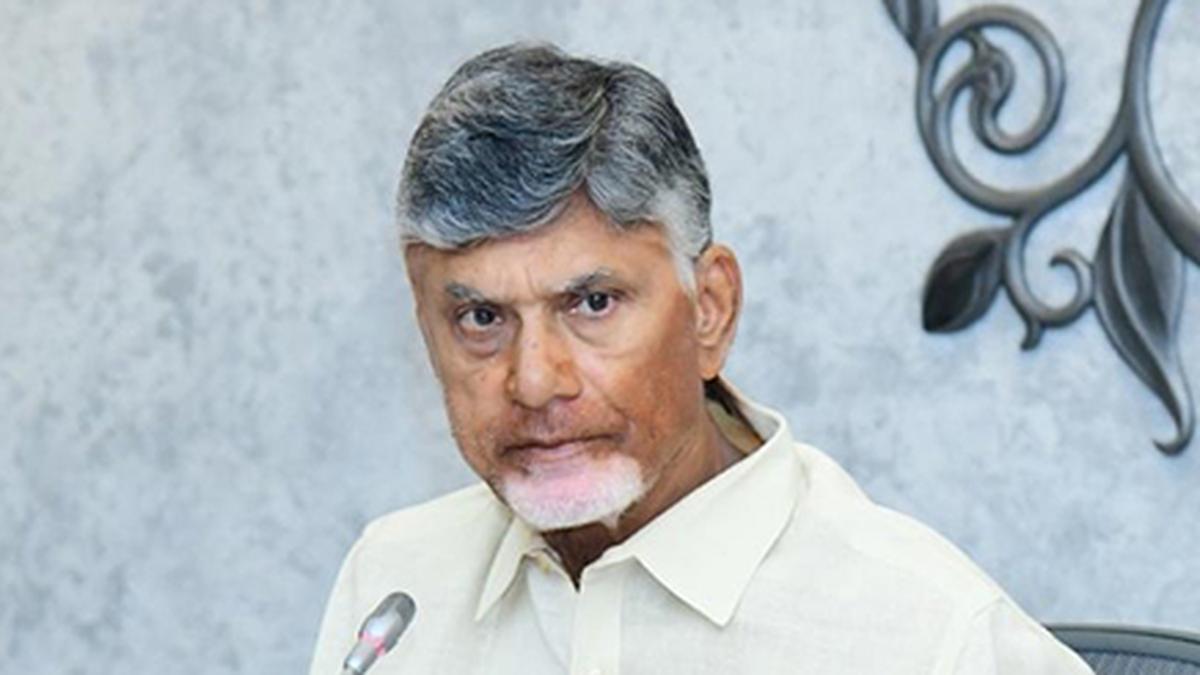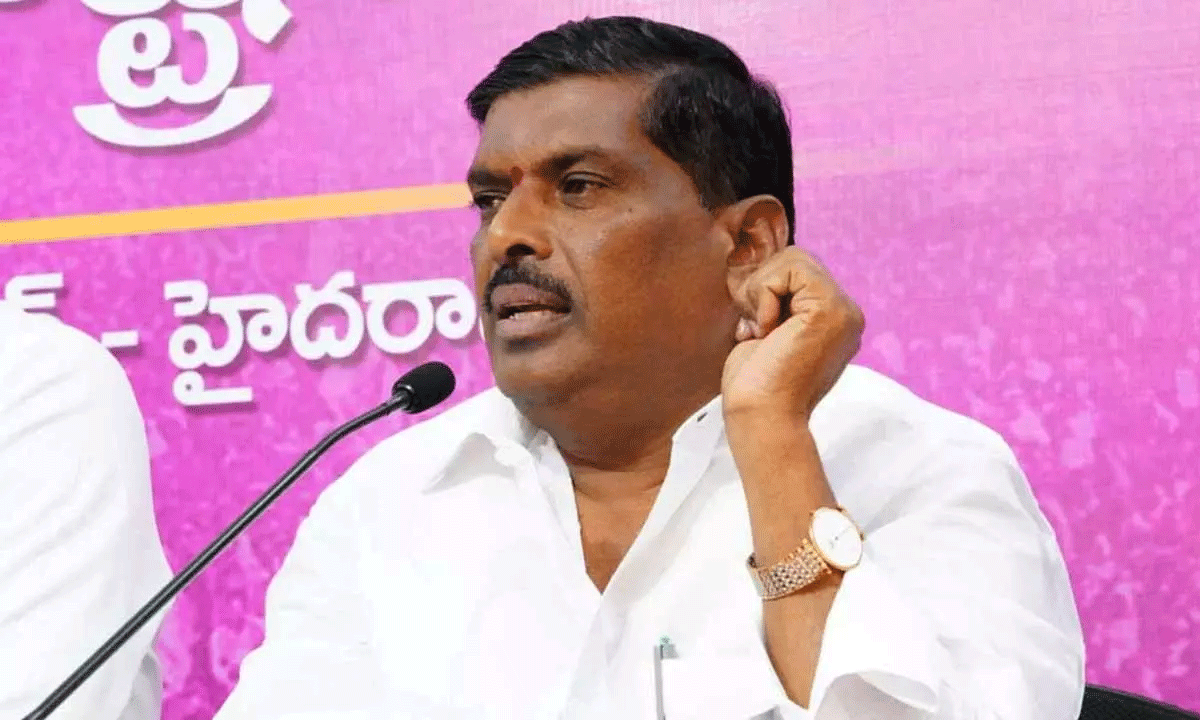It has been just 70 days since Chandrababu Naidu took over the reins of government as Chief Minister. Within this short period, investments of over Rs.2,000 crores are coming to Sri City in Tirupati district. 6,800 youths are getting job opportunities. It is known that due to his initiative during his tenure as CM during 2014-19, 100 industries were set up in Sri City.
After the formation of the coalition, again several industrialists are looking towards Andhra Pradesh proposing investments. Already several companies have resumed their operations in the state. During his visit to Sri City in Tirupati district Monday, he will be inaugurating as many as 15 industries on the same day. Moreover, he will lay the foundation for 7 more industries.
According to officials, about Rs 900 crore investments are expected in these companies, providing employment to 2,740 people. On this occasion, the state government will enter into agreements with four prominent companies regarding the investment of another Rs 1,213 crore.
Later, the Chief Minister will participate in a meeting with CEOs of various companies at Sri City Business Center. Along with South Korea’s LGChem, Israel’s Neolink, Japan’s Naidic, Germany’s Bell Industries, India’s Admir, Autodata, Bombecoated Special Steels, Epack, ESSKAY, Evershine, JGI, Trinath and Jenlenin will also be inaugurated by the Chief Minister .
He will lay the foundation for China’s NGC, Belgium’s Vermeerion and Japan’s AG and PE industries. Agreements will be made on the establishment of two industries from Japan, UAE and Singapore along with one each from India. After his visit to Sri City, Chandrababu will visit the Somasila irrigation project in Nellore district. CM Chandrababu will reach Undavalli residence again in the evening.
There are currently 220 industries running in the Sricity Special Economic Zone established within Satyavedu and Varadaiahpalem mandals. Investments of Rs.45 thousand crores have come to the district through these industries. Of these, 62,000 employees are working, 70 percent of whom are from the state and 40 percent of the total are from the district.










